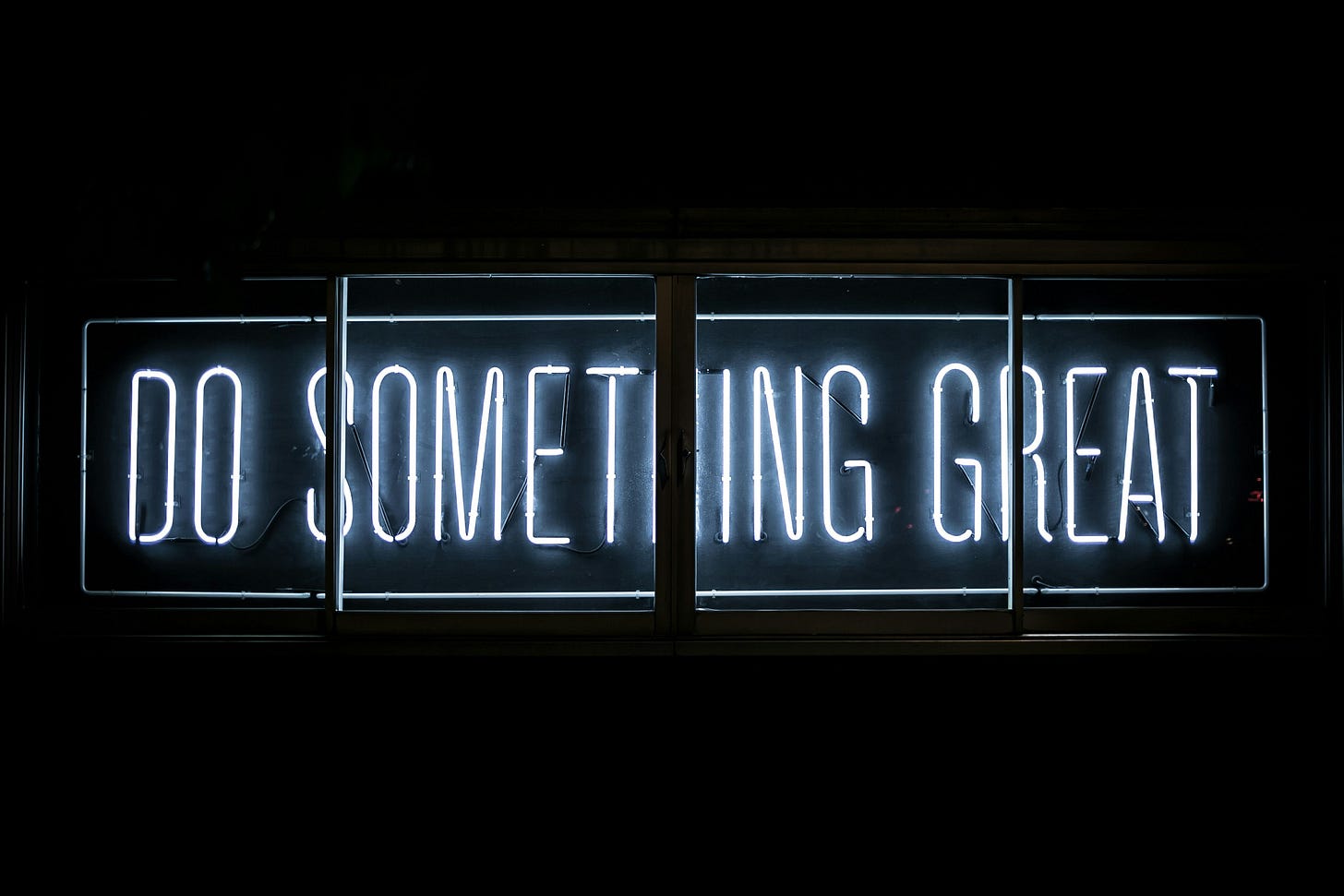A Lack of inspiration – Ideas for Community Sessions: How I Got Here

A common question I get asked is ‘what type of things should I be doing in my community sessions?’. I thought it would be an idea to write out a selection of ideas that can be applied to most communities regardless of what they focus on as a source of inspiration. They might work for you, they might not – they might just inspire you to do something similar but different instead. Whatever you use this for, hopefully you find it interesting! I’ll try and do a few of these as I think of them, but I’m always open to learning new ideas so feel free to share your own!
Sharing My Story Sessions
What is it?
A session where a member of the community – be they new or long standing – shares their story of how they got into/became interested in the community’s respective domain space. They share details of their background, how they came to the community, and what they are doing now
What’s good about it?
The joy of community is that people of different backgrounds come together around a common interest. We’ll share similar but different stories with each other about how we started out in life, how we discovered the particular domain that the community relates to, what we love about it, the successes we’ve had, and what we’re doing in that space now. This is great because by definition all members of the community can relate to the story being told, as the have all reached the same destination. I’ve been in community sessions where members have told how they fell into their particular role at a previous company, how they developed their skills and then discovered the community. I’ve heard stories of how a member competed in and won an international tournament, then discovered there was a whole community behind it that they’d been unaware of. I’ve heard stories of how someone thought they were alone and no one else cared about environmental issues and the climate crisis around them, only to find that by reaching out to others in their workplace there are others who regularly attend protests and welcomed them into their community. Each story is different and each one is fascinating but aside from that, learning about each other at a deeper and more meaningful level helps the community build more valuable bonds and connections between the membership. The more we know and understand about someone, the richer and more reliable the connection we have with them. It might be good or it might be bad, but we form a deeper understanding of that person and our connection with them.
How do I do it?
One at a time – this isn’t speed dating, and this isn’t a competition. We want people to get to know the speaker on a more meaningful level, so give them the floor for the session. Don’t have two or three or more people sharing their stories in the same session, it makes it much harder to remember specific details about one person if you’re learning about lots of people at a time.
Volunteers – we don’t force anyone to share things about themselves when they don’t want to. It’s uncomfortable for the individual and for the wider community, and no one wants that. A community may decide that it’s a right of passage for the community leaders or senior members in order to help make them more accessible and human, and that’s a perfectly acceptable action to take – you choose to take on further responsibility within a community, and if you don’t want to you don’t have to. Deciding that every member must do so can be exclusionary to new or potential members who don’t feel comfortable with their place and their relationship with the wider community at an early stage, and may choose to leave rather than have to go through that process. Instead, use a standard format for these types of sessions – who you are, where you came from, how you got started in the domain space, etc – and ask volunteers to step up and deliver that session
Respect – this shouldn’t need to be said, but when someone is delivering this type of session, everyone needs to listen respectfully. This is not the type of session where we’re looking for debate or constructive disagreement - we listen to what the speaker has to say. They are the only one who knows how their life and experiences have played out, and they don’t need someone in the community correcting them in front of everyone. If you feel its necessary, its your role as the leader to create the safe space needed for this type of sharing session. If you need to remind people of that at the start of the session, or even part way through, then its your job to do it.
Thanks so much for reading, if you’ve enjoyed this post I’d really appreciate it if you could share it - alternatively you could always buy me a coffee :)



